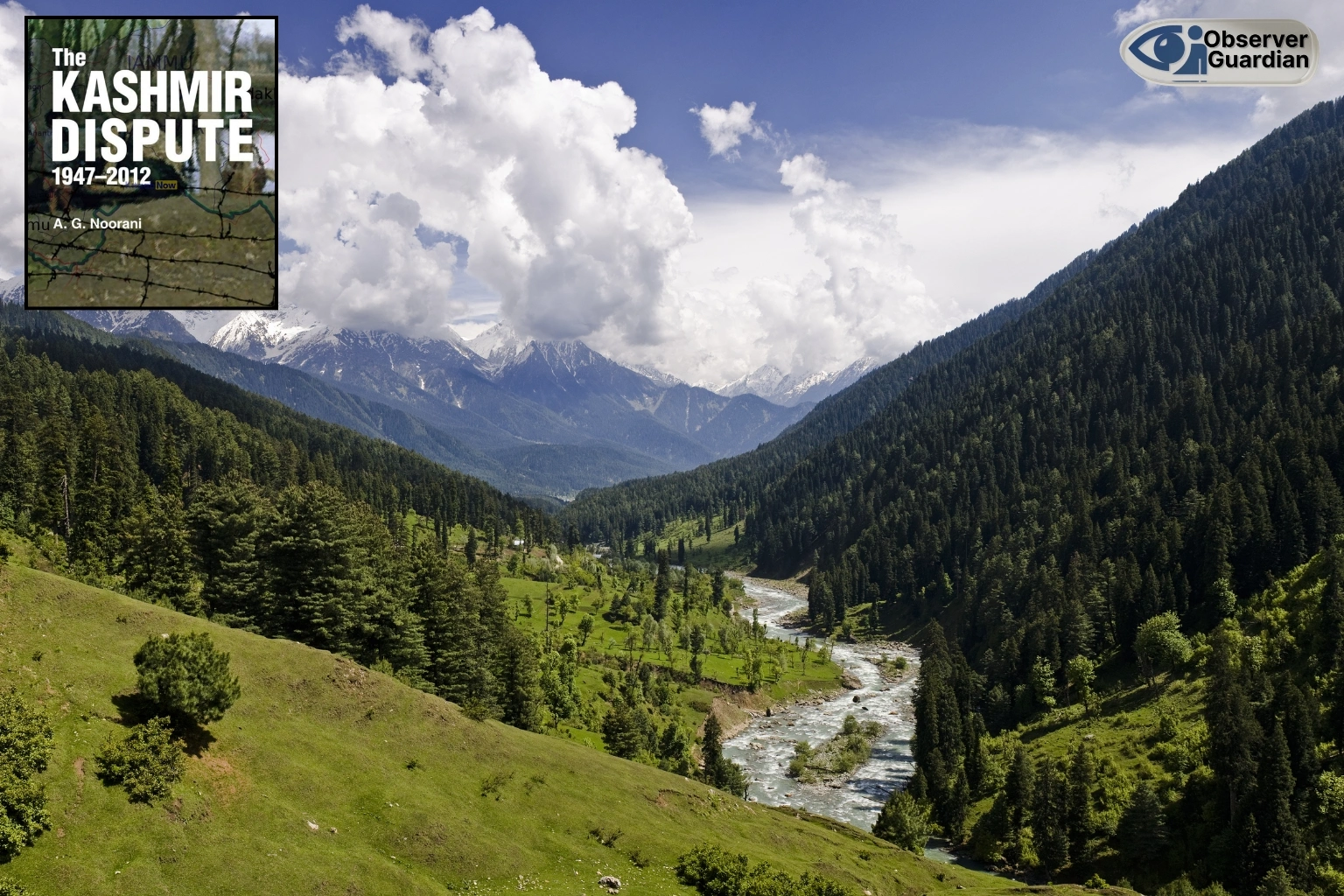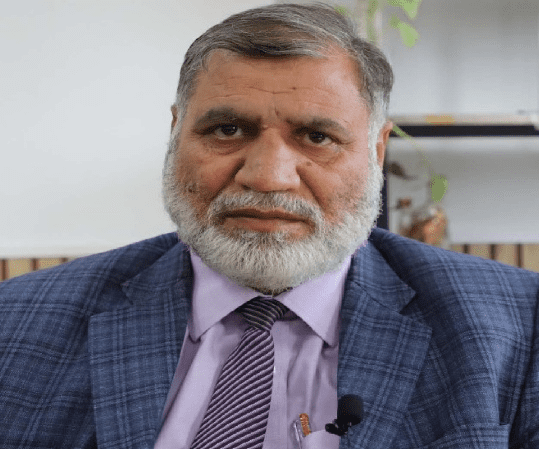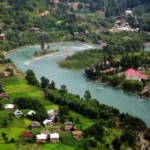There are few issues as intractable as the Kashmir conflict, and the work of A.G. Noorani The Kashmir Dispute: 1947–2012 explains why. At the core of it all is one basic but fundamental truth: Kashmiris were guaranteed the right to determine their own political fate, and that promise has failed to see good through. Rather, decades of warfare, militarization and diplomatic stalemate have ensnared the region. It is a human tragedy, existing of betrayed promises, cynical politics, as well as of incessant infringement of democratic rights.
The roots of conflict go back to the division of the Indian sub-continent in 1947. The state of Jammu and Kashmir was in the crossfires of two newborn countries. Its Maharaja Hari Singh wanted independence but hardly managed to exercise his power. To seek military assistance by India, he signed the Instrument of Accession which gave Delhi the powers to recruit troops. More importantly, the leaders in India like Jawaharlal Nehru had promised that when the time of stability had been restored the people of Kashmir would then decide their future by a plebiscite on whether they wanted to remain part of India or join Pakistan. That plebiscite was never made GNU.
The stand of India stiffened over the decades. New Delhi went into a shift in opinion, based on an initial acceptance of international arbitration over the issue through the United Nations. The two nations took stands behind their arguments, and the citizens of Kashmir began to be left voiceless. Noorani has made a forceful case as to how India has lost the moral until it is gradually undermining the autonomy granted under Article 370 of its Constitution. What was to be a special status to maintain the uniqueness of Kashmir was eroded leaving Kashmiris with little power over their affairs.
The 1980s and 1990s witnessed the ugliest of the phases of the conflict. The Kashmiri cry of frustration changed to an armed insurrection after years of political manipulation and rigged elections. India sent out an ultra-strong military force and human rights violation became a norm.
The most notable in that respect are the occasions when chances of peace were so incorrigibly fumbled away. The United Nations was also once prepared to supervise a referendum, but there was political hurdle towards the same. The Simla Agreement of 1972 had the potential of becoming a platform of maintaining long-term bilateral talks but rather ended up justifying India to refuse seeking international mediation. Even in the 2000s when back-channel negotiations between Pervez Musharraf and Manmohan Singh were promising a four-point framework could be reached, domestic politics and mistrust impeded its progress. Every attempt failed and Kashmiris found themselves in a stagnant state.
The common thread in the narration put forward by Noorani is of betrayal. Successive Indian leaders promised Kashmiris dignity and a sense of autonomy and self-determination, yet their policies served to remove such promises. The world community that initially used to take active interest in the conflict eventually lost interest, especially following the collapse of the Cold War and left the people of Kashmir unattended. The conflict achieved a deadlock and human toll kept rising season after season.
Noorani helps us to leave these dichotomies. The issue is not an easy one of borders or sovereignty but that of people, aspirations, rights, and dignity. By the disregard of those, no force of arms it each possible, no influence of diplomacy, could create durable peace. Kashmir is not merely a Territory, but it is the place of the millions who are being disregarded.
The conflict has today not died down with each part placing the blame on the other and the Kashmiris in the crossfire. What Noorani does through highly detailed research is expose the fact that peace cannot be had by denying the past. It is time India must count on its unfulfilled promises and the distance created between them by many years of centralization. And the world must understand that until the Kashmir issue is dealt with in a fair and even-handed way stability in South Asia will not be achieved.
The Kashmir issue is a question of political braveness after all. And will leaders in Delhi and Islamabad be statesmen who can seize the occasion to rise above petty nationalisms and respect the democratic ideal that people should determine their destiny? Or will they continue to act in the name of nationalism and kill generations of Kashmiris? In her book Noorani provides no ready-made answers, but what is apparent is that the road ahead will have to start with paying up to the commitments of 1947 and allowing the people of Kashmir to chart their own course. Less than this is not only unfair, but unsustainable.
Disclaimer: The views and opinions expressed in this article are exclusively those of the author and do not reflect the official stance, policies, or perspectives of the Platform.








